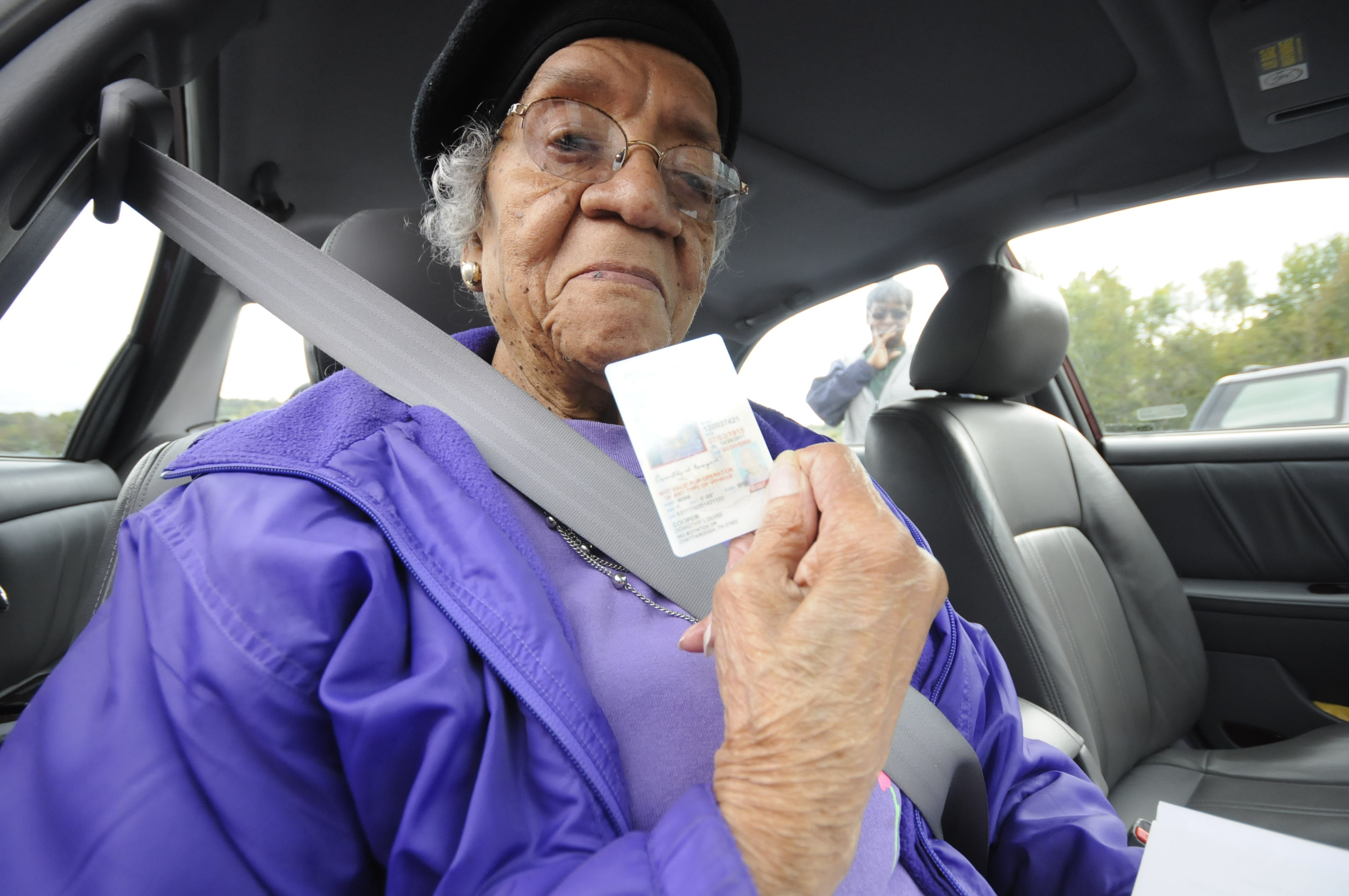Tennessee photo ID and foreign-worker laws take effect
Friday, January 1, 1904
NASHVILLE -- Tennesseans are required to have photo identification to vote and state employers must make sure their employees are legally authorized to work in the U.S. under new laws that took effect Sunday.
The photo ID measure has stirred debate, with critics saying the requirements to comply with the law are excessive and confusing, and could deter people from voting.
"You have to have a specific government-issued ID in order to vote, and that will disenfranchise a certain number of Tennesseans who don't have that kind of specific ID," said Mary Mancini, executive director of Tennessee Citizen Action, a public interest and consumer advocacy organization.
The group has launched a petition drive that supports proposed legislation to repeal the law. About a week ago, the Justice Department rejected a similar law in South Carolina, saying it makes it harder for minorities to cast ballots. It was the first voter ID law to be refused by the federal agency in nearly 20 years.
Opponents of the Tennessee law say they're most concerned about its effect on senior citizens.
One case that made headlines a few months ago involved a 96-year-old Chattanooga woman who was denied a photo ID card.
Dorothy Cooper went to a Driver Service Center to get the free ID card offered by the state as part of the new law, but a clerk refused to give Cooper a card because her birth certificate carried her maiden name, Dorothy Alexander, and she didn't have a copy of her marriage certificate.
Cooper later provided her marriage certificate for verification and was able to get a voter ID.
Nevertheless, critics say such hassle is reason to exempt elderly residents from the law. But supporters say doing so could affect the constitutionality of the measure.
"I believe if we tweak it in any form, it will become unconstitutional and the whole bill becomes unraveled," said Sen. Bill Ketron, a Murfreesboro Republican and one of the measure's main sponsors.
He added that the law is necessary because "we live in a different world."
"And for those who have fought and died and sacrificed for their right to vote, then we should make sure that everyone is who they say they are," said Ketron, who has also sponsored legislation to fight terrorism and illegal immigration.
One measure he co-sponsored will require some businesses to use the federal E-Verify program.
Initially, the legislation sought to mandate all employers use E-Verify to prove their employees are legally in the country.
But the law that passed exempts employers with five or fewer employees and allows them to keep a copy of the new hire's driver's license instead of using E-Verify.
Supporters say the legislation is needed to crack down on illegal immigration, while opponents say it could cost businesses time and money.
Jim Brown, state director of the National Federation of Independent Business, said the law will affect about half of the group's roughly 8,500 members, who are being educated about the requirements.
"We ... believe the bill wound up in a better place than it was originally," Brown said.
Another law taking effect seeks to curtail the production of methamphetamine in Tennessee by requiring pharmacists to use a statewide electronic logbook. It is intended to monitor and block illegal purchases of over-the-counter cold and allergy medicines containing pseudoephedrine, a key ingredient used to make meth.
Many pharmacies and retailers relied on handwritten paper logbooks to track purchases, and criminals learned to circumvent that system.
The measure also calls for felony charges for manufacturing meth in front of children and increases penalties for meth-related offenses.
"There are some good things to the legislation in terms of cleaning up some of the existing law that's better than what we had," said Tommy Farmer, who oversees the state's meth task force.
"I think that it is definitely a step in the right direction."
Other new state laws increase penalties against sex offenders, drunken drivers and those involved in gang-related activities, such as drive-by shootings, that are becoming more prevalent across the state.

